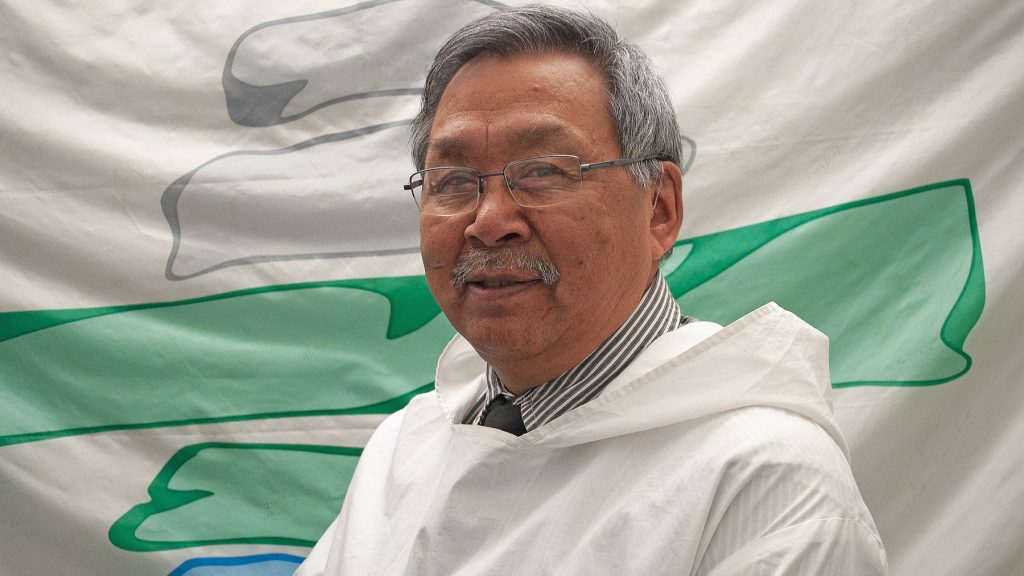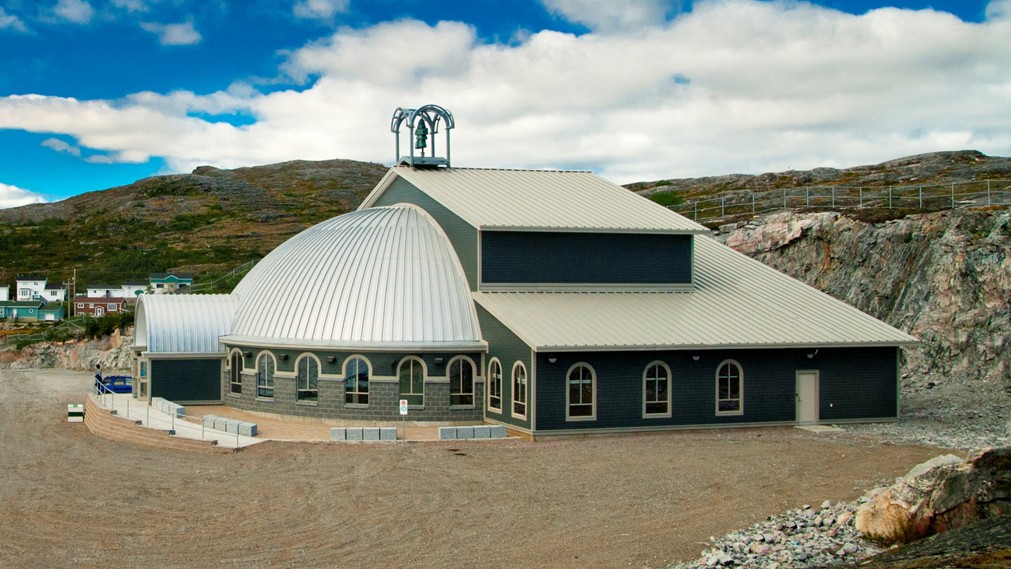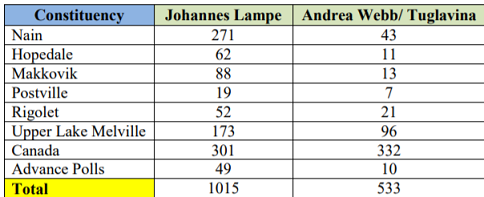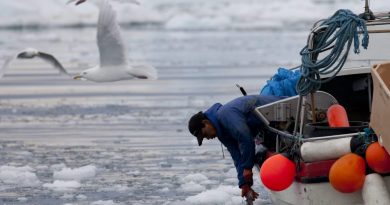Johannes Lampe re-elected as president in Inuit region of Atlantic Canada

Johannes Lampe was re-elected this month as president of Nunatsiavut, the Inuit region of the Atlantic Canadian province of Newfoundland and Labrador.
“I am deeply humbled that Beneficiaries of the Labrador Inuit Land Claims Agreement have placed their trust in me to represent them for the next four years,” Lampe said in a news release last week. “These are trying times, and the challenges that await are huge as we continue to strive to improve the lives of all Beneficiaries.”
Lampe also congratulated his opponent for participating in the campaign.
“I also want to thank my opponent, Andrea Webb/Tuglavina, for putting her name forward and giving Beneficiaries a choice in who will lead the Nunatsiavut Government for the next four years.”
Lampe intends to continue his second term with a focus on housing and food security.
“During the last four years, I have worked hard to place the needs of Labrador Inuit first and foremost, both regionally and nationally, and I will continue to do so,” Lampe said.
“We have made tremendous progress on many fronts: from securing federal housing dollars, to improving infrastructure in our communities; from raising concerns over food security and Inuit health, to ensuring our rights and titles are protected and honored. I will continue to push these priorities, and others, wherever and whenever possible.”

Election faced long pandemic delay
The election, originally scheduled for May 5 of this year, was postponed until October 6 amidst fears over the COVID-19 pandemic.
Nunatsiavut’s population of 2560 is spread out between five communities along the Atlantic coast: Nain, Hopedale, Makkovik, Postville and Rigolet.
The decision to postpone the vote was made in April after an evaluation of polling area access in light of public health requirements around social and physical distancing as well as concerns around the timely delivery of mail in ballots.
Low turnout a concern
The statistics posted on election night by the Nunatsiavut government showed a very low proportion of eligible voters ended up going to the polls or mailing in their ballots.
The unofficial election results for the 2020 Nunatsiavut election from October 6:

Source: Government of Nunatsiavut
“I am deeply concerned, however, that less than 30 per cent of eligible voters actually went to the polls,” Lampe said.
“While there may be many reasons for the low turnout, it is obvious that more needs to be done to encourage Beneficiaries to play a more active role in determining our future.”
Write to Eilís Quinn at eilis.quinn(at)cbc.ca
Related stories from around the North:
Canada: Kenny Bell is Iqaluit’s new mayor as municipal elections held across Canada’s Nunavut territory, CBC News
Finland: Sámi Parliament of Finland torn on local rights, urban influence, Yle News
Norway: Political earthquake shakes up Northern Norway, The Independent Barents Observer
Russia: How Murmansk government plans to attract newcomers and reverse regional decline, The Independent Barents Observer
Sweden: Swedish gov’s budget raises fears over inequality, Radio Sweden
United States: Protest, policy critiques mark first day of Alaska Federation of Natives Convention, Alaska Public Media


